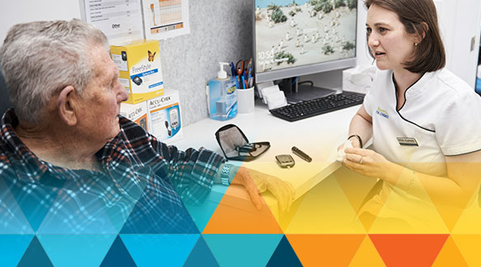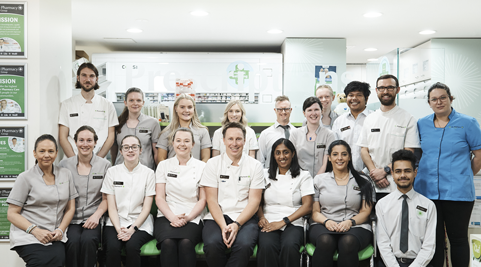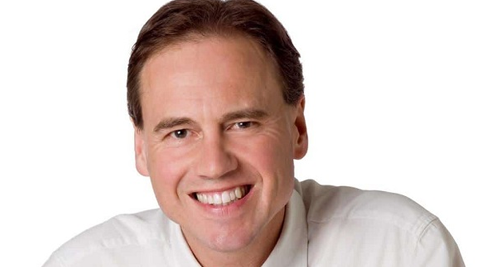Community pharmacists were rightly dismayed and insulted by repeated attacks on them by some medical organisations, the National President of the Pharmacy Guild, Trent Twomey, said at the recent APP2022 conference.
He also attacked a printed article by a doctor comparing pharmacists to dogs.
Professor Twomey said recent statements from Royal Australian College of General Practitioners (RAGCP) and Australian Medical Association (AMA) representatives regarding pharmacist prescribing had lacked respect for the profession.
“They have attacked our ethics, they have attacked our professional integrity and they are attacking the North Queensland Pharmacist Scope of Practice Pilot,” he said.
“There was one piece that really got under my skin by a certain doctor, an office holder of one of those organisations.
“The article compared pharmacists to dogs, and concluded by saying she would rather have a dog prescribing medicine than a pharmacist.
“This is evidence enough that both the RACGP and the AMA are completely unhinged.
“They claim that the pilot will fragment care - that’s just simply not true ... you can’t have fragmented care if there’s no care.
“A recent independent survey of patients in North Queensland found that more than two-thirds of patients have to wait over a week to see a GP,” Professor Twomey said.
“The study went on to find that more than a quarter of patients regularly see a GP other than their own, and 27 per cent of the population had to attend an emergency department because they could not get a GP appointment.”
Professor Twomey said empowering pharmacists to work to their full scope of practice would not result in other primary healthcare providers being left idle.
“Multiple studies have shown that pharmacist prescribing is clinically safe, efficacious, and a cost-effective way to improve access to healthcare and health outcomes,” Professor Twomey said.
“Without community pharmacists working to their full scope of practice in Australia patients and the healthcare system are clearly missing out.
“With an ageing population, an increased incidence of mental health and ever-increasing chronic disease burden, there is more than enough work for all primary healthcare professionals - especially if we respect each other and we work together.”


